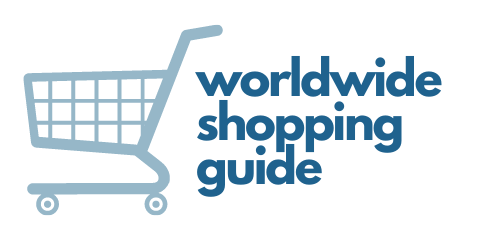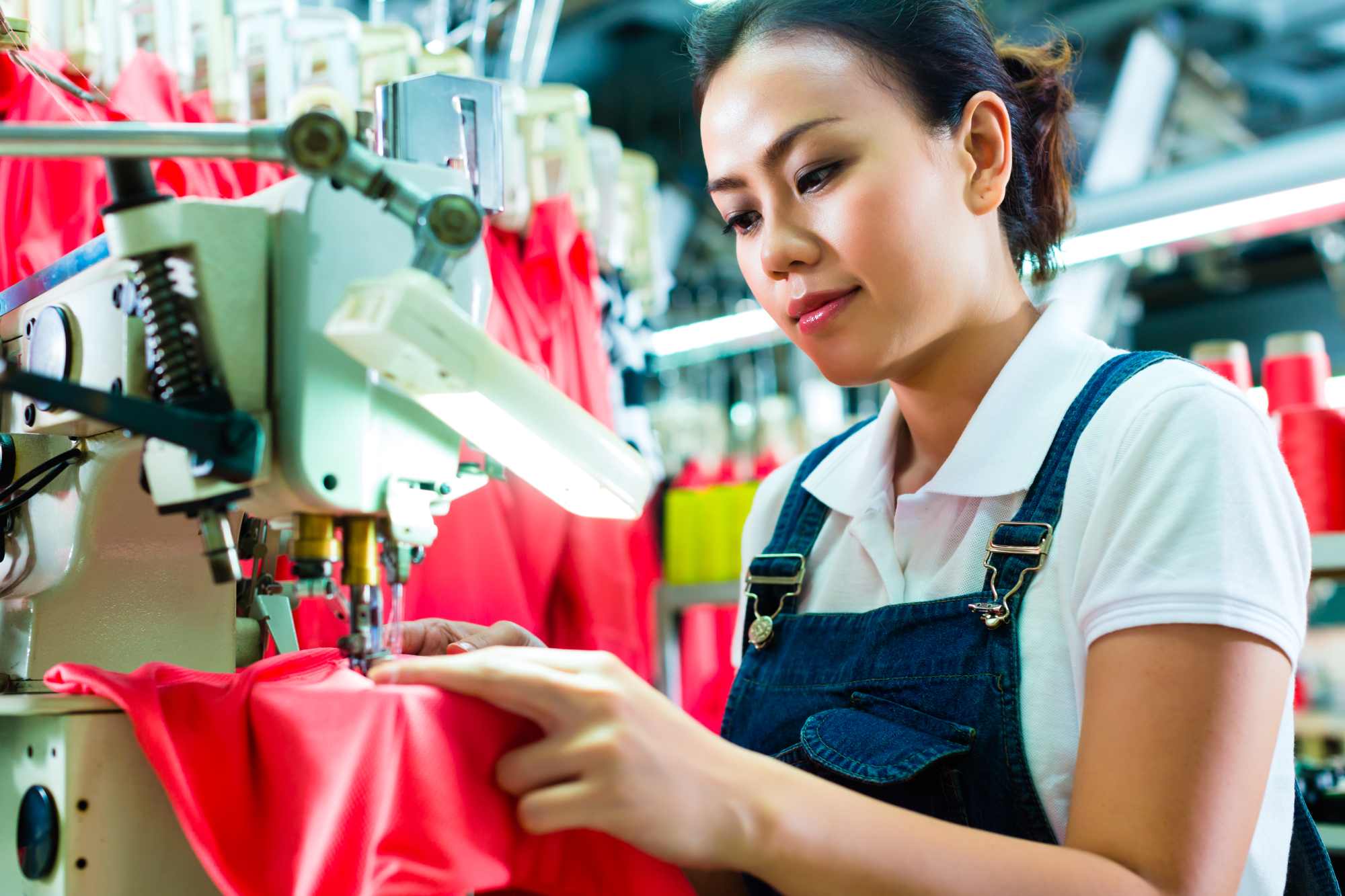Shopping from China has become a global phenomenon, with consumers lured by the promise of high-quality products at unbeatable prices. From the latest mobile phones and smartwatches to trendy clothing and home security devices, Chinese online marketplaces like AliExpress, Banggood, DHGate, and SHEIN offer a vast array of consumer electronics and more. It’s not just these dedicated platforms either; many products found on global giants like Amazon or eBay often originate from China. In some instances, these products are stored and fulfilled by Amazon warehouses in regions like the UK or Europe, streamlining the delivery process.
However, the allure of affordable goods often comes with apprehensions. Is it safe to buy products directly from China? Does the “Made in China” label equate to compromised quality? Such perceptions have long colored the narrative, with many assuming that Chinese products are inherently inferior. But the reality paints a different picture. China’s rapid modernization and advancements in manufacturing have positioned it as a leader in producing high-caliber products that are both cost-effective and reliable.
While it’s undeniably safe to source products from China, the key lies in being well-informed. Like any international transaction, there are challenges and nuances to consider. Ensuring a smooth and secure shopping experience requires understanding the intricacies of importing and being aware of potential pitfalls. This guide aims to shed light on these aspects, offering insights and tips to help consumers navigate the world of online shopping from China with confidence.
Consumer Rights
When diving into the world of online shopping from China, it’s crucial to understand the differences in consumer rights compared to purchasing from local retailers in regions like the UK, the EU, or the US. As Steve Nowottny from MoneySavingExpert.com succinctly puts it, “To be blunt, you have few of the consumer rights you enjoy when purchasing from a seller in the UK. You’ve often no legal right to return an item, even if faulty, and while many of the sites you can buy from offer their own protection policies, it’s not the law. What is more, even if you can return an item, the cost of postage may make doing so prohibitively expensive.”
This statement underscores the importance of being cautious and well-informed when buying from international sellers. While many Chinese online platforms have their own return and refund policies, they aren’t bound by the stringent consumer protection laws that shoppers might be accustomed to in their home countries.
Get Protection With Credit Cards & PayPal
When shopping online, especially from international sellers, it’s essential to consider payment methods that offer an added layer of protection. Two of the most popular and secure options are PayPal and credit cards.
PayPal has become a trusted name in online transactions, and for good reason. When you use PayPal for online purchases, you benefit from its Buyer Protection program. This means if an item doesn’t arrive, or if it doesn’t match the seller’s description, PayPal can reimburse you. It’s a safety net that ensures you’re not left out of pocket if things go awry. Additionally, with PayPal, your financial details are never shared with the seller, adding an extra layer of security to the transaction.
On the other hand, credit cards offer their own set of protections. Many credit card companies provide a feature known as chargeback. If you dispute a transaction because you haven’t received the goods or services you paid for, or they were not as described, you may be able to claim a refund from your credit card provider. The specifics of this protection can vary based on the card provider and the country’s regulations, but it’s a valuable tool for consumers. In many regions, credit card companies also offer fraud protection, ensuring that cardholders aren’t held responsible for unauthorized transactions.
In essence, both PayPal and credit cards offer mechanisms to safeguard your money when shopping online. By choosing these payment methods, you not only make your transactions more secure but also give yourself recourse should any issues arise with your purchase.
Currency Conversion Costs: What to Know
When shopping from international sites, especially Chinese platforms, it’s essential to be aware of currency conversion costs. These are fees that can be applied when you’re purchasing in a currency different from your own, and they can add up, affecting the overall cost of your shopping.
Many Chinese e-commerce sites have recognized the global nature of their customer base and offer the convenience of paying in multiple currencies. Platforms like AliExpress, Banggood, and Gearbest, to name a few, allow customers to view prices and make payments in popular global currencies such as USD, GBP, or EUR. This feature can be particularly beneficial as it provides a clearer understanding of the product’s cost without the need to constantly convert prices in your head or use a currency converter tool.
However, even if you’re paying in your preferred currency, it’s crucial to be aware of the fees your credit card might charge for international transactions. Different credit card providers have varying fee structures for international shopping. Some might offer zero foreign transaction fees, making them ideal for international shopping, while others might charge a percentage of the transaction amount. It’s always a good idea to check with your credit card provider about these fees before making a purchase to avoid any unexpected charges.
In conclusion, while many Chinese online stores have made it easier for international shoppers by offering multiple currency payment options, it’s essential to be proactive and informed about potential currency conversion costs and credit card fees to ensure the best value for your money.
Understanding Clothing Sizes: Navigating the Differences
One of the most common challenges faced by shoppers when buying clothing from international sites, especially from China, is the difference in sizing standards. Chinese clothing sizes can be significantly different from what many in the UK, Europe, or other western countries might be accustomed to.
In general, Chinese sizes tend to run smaller. For instance, if you typically wear a medium size in the UK or Europe, you might find that you need an XL or even larger when shopping from a Chinese retailer. This difference isn’t just a quirk but is rooted in different body measurement standards and clothing fit preferences prevalent in various regions.
To navigate this potential pitfall, it’s crucial to always check the size charts provided by the seller. Most online retailers will offer detailed measurements for each size they offer, allowing you to compare and choose the best fit for your body. It’s a good practice to measure yourself and keep those measurements handy when shopping online. This way, instead of relying on generic size labels, you can match your measurements to the specific dimensions provided by the seller.
In conclusion, while shopping for clothes from China can open up a world of fashion choices and affordability, it’s essential to be attentive to sizing differences. By being informed and proactive, you can ensure a better fit and a more satisfying shopping experience.
Beware of Counterfeits
While the allure of incredible deals and unbeatable prices can be tempting, it’s essential to approach online shopping, especially from international platforms, with a discerning eye. One of the challenges that shoppers might encounter, particularly when buying from Chinese sites, is the risk of counterfeit or fake products.
Major platforms like Alibaba have been proactive in their efforts to combat the issue of counterfeit goods. They’ve implemented stringent measures and policies to curb the sale of knock-offs on their platform. However, despite these efforts, some counterfeit items can occasionally find their way to the consumer. This isn’t exclusive to Chinese platforms; counterfeiting is a global issue that affects many online marketplaces.
Consumer advocacy groups, like Which? in the UK, offer sage advice for navigating this potential pitfall. They emphasize the importance of trusting your instincts. If a deal seems too good to be true, it probably is. A spokesperson from Which? advises, “Be wary of deals that appear too good to be true – they usually are. Don’t buy something you know is far below the recommended retail price, no matter how tempting.”
In essence, while online shopping offers a plethora of choices and deals, it’s crucial to be informed and cautious. By doing a bit of research, checking reviews, and being wary of prices that seem unrealistically low, shoppers can better protect themselves from counterfeit products and ensure a genuine shopping experience.

